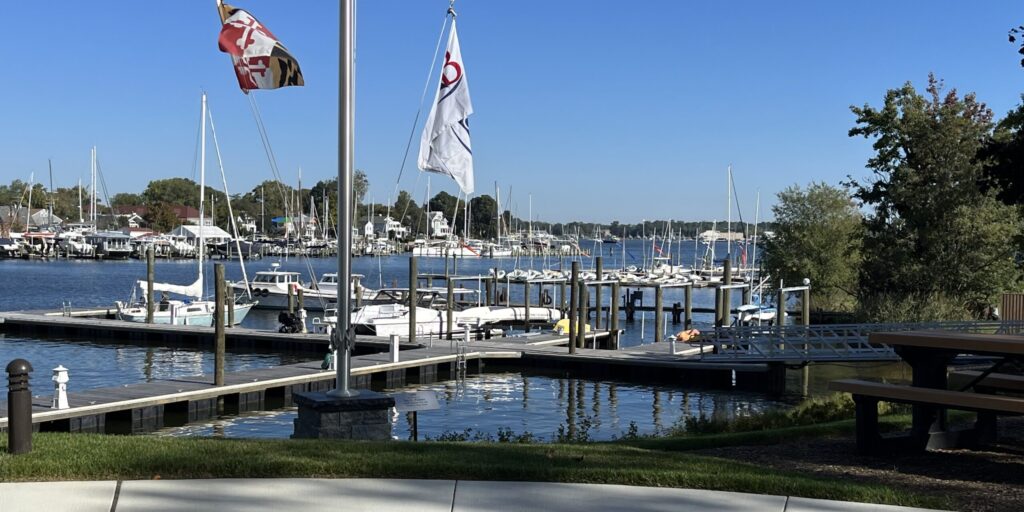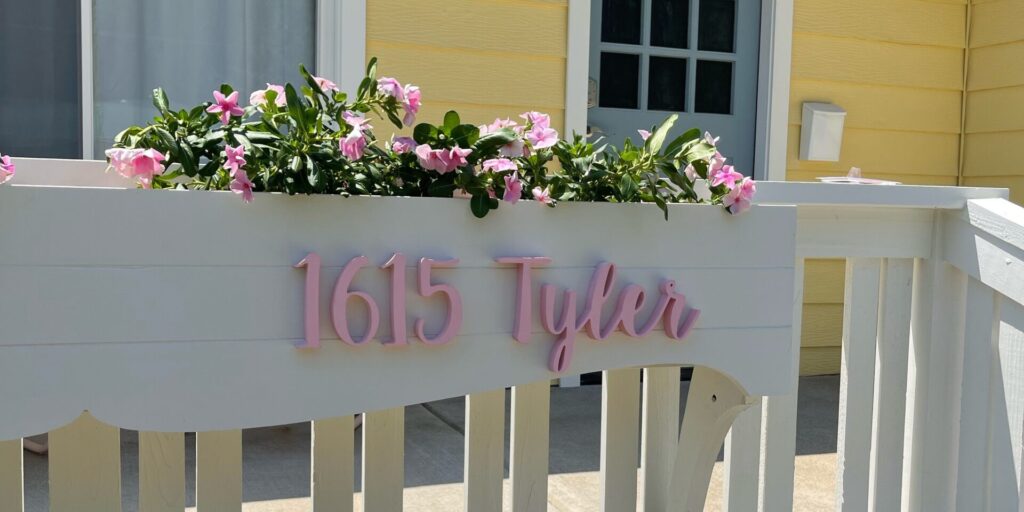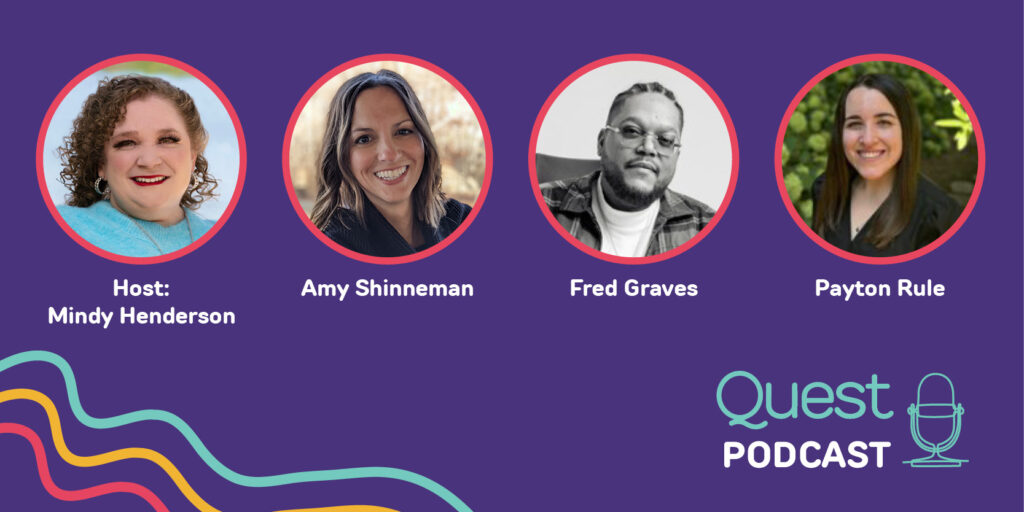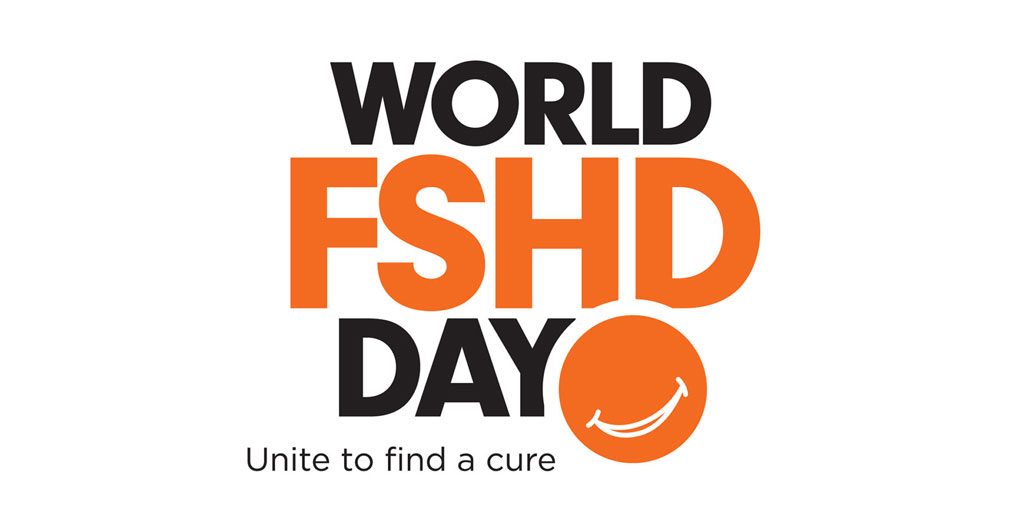
On World FSHD Awareness Day 2020, MDA National Ambassador Tana Zwart Asks Us to Share Our Truths
By Tana Zwart | Friday, June 19, 2020
“For any story of changing the world is always the story of many.”
— Judith Heumann
Tomorrow, June 20, is World FSHD Awareness Day, dedicated to facioscapulohumeral muscular dystrophy, a disease that etched itself into my DNA and, since I was 7, completely changed the trajectory of my life.
Next month, on July 26, the Americans with Disabilities Act celebrates 30 years since it was first signed into law.
The last few months have brought complete upheaval in all of our daily lives, and the last few weeks have seen radical social unrest. Things are shifting in our society. Necessary, hard conversations are being had.
Amidst all of this, one thing is abundantly clear: Our voices matter. Our individual stories matter. They are the grassroots of change. They break levees, open eyes, change minds, and evoke action. The simplest and most effective way to start changing the world around you? Share your own truth.
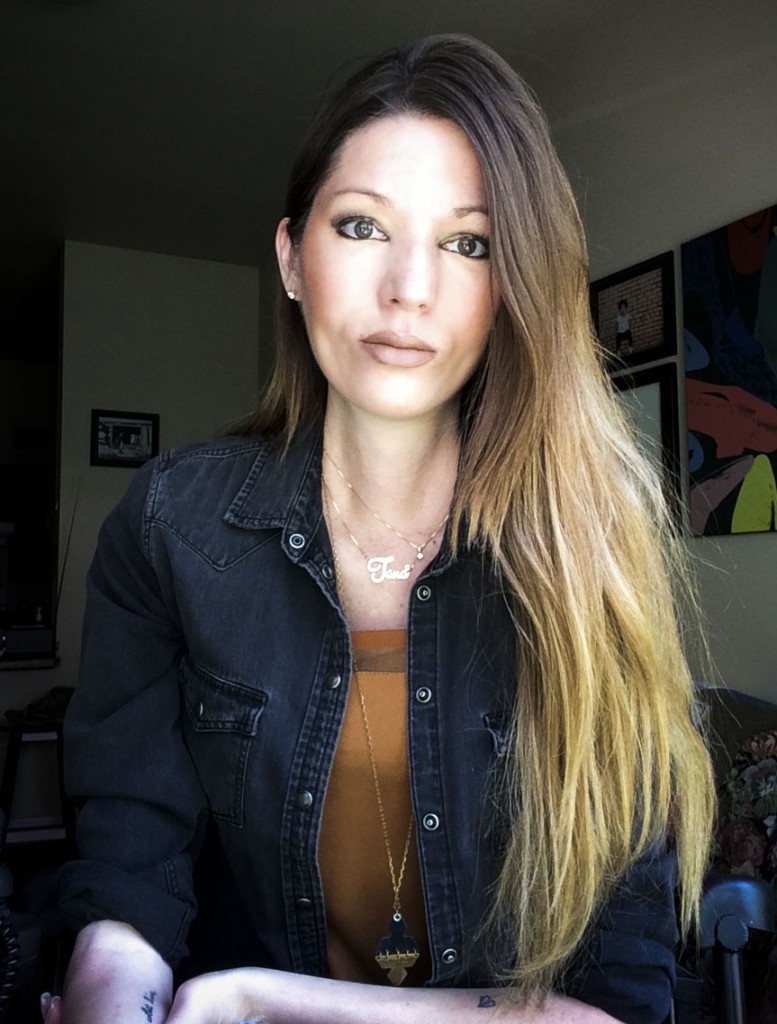
Tana Zwart.
I haven’t always seen things that way. While I have been active in MDA’s cause since I was diagnosed in 1992, being publicly open and candid about my disease (or my disability) in any other facet was something I stayed far away from. I refused to read books suggested to me that shared the stories of others with physical limitations. Joining disability clubs in college was the last thing I’d ever want to do. Something in my head told me that if I did any of those things, I would be defining myself. I was convinced that if that was what I focused on, that’s all people were going to see. And if that’s all people saw, how could they relate to me?
On top of being raised a quiet, humble Midwesterner who was taught not to make a fuss, making noise about something that wasn’t inclusive or accessible for me was humiliating. While I wanted the world to understand, I refused to explain myself so they could. “I shouldn’t have to,” was often my frustrated, stubborn response.
When kids at the pool asked why my shoulder blades stuck out like a stegosaurus, I had my mom start sewing bows over the back of my suit to cover them up. When people asked why I never smiled despite the laughter coming out of my mouth, I reverted into myself. When an upper classman walking in front of me in the halls mocked the way I walked, I wished my body was invisible. When a hotel room that claimed to be accessible had such tight spaces I could hardly get to the bed let alone into the bathroom with my chair, I let it ride because “that’s just how things were.” What was saying anything really going to change?
I spent my youth adjusting to the world around me. Being agreeable and complacent. Instead of insisting that it adapt to me.
It wasn’t until I moved to Sioux Falls six years ago, when I hesitantly joined a disability awareness commission and a couple other advocacy committees, that I realized I was doing a huge disservice by not putting my experiences into action in order to make other lives better. When I realized the bigger picture, it became something I could manage. Something I could even become passionate about, because it wasn’t just about me. I wasn’t alone.
Those committees have also been tremendous ways for me to educate myself on the broader spectrum of issues. While we have come a long way since the signing of the ADA 30 years ago, there’s a lot of work to do yet to achieve equal access for people with disabilities in many aspects of our society: the right to earn a living wage without losing crucial in-home care services, better transportation options, holding airlines to a higher accessibility standard, and overall increased representation in mainstream media.
Since COVID-19 changed the way much of our society went to work these last few months, I have been fascinated by the number of employers that allowed their employees to work from home — employers that would have otherwise told an applicant that a work-from-home option wasn’t possible. Even though the ADA in 2002 identified remote work as a reasonable accommodation, I don’t think a lot of employers have come to terms with how truly feasible that option is. And how truly necessary it is for those who could otherwise be incredibly valuable, hard-working, dependable employees.
We are all at different places in our diseases and our lives. I truly acknowledge that. I have had a lot of years to work through how my disability fits into the whole person I am, and to become comfortable with using my disability experience to educate and be vocal when I see something that needs to change. I am most definitely still learning, and sometimes still finding my voice. My disease doesn’t define me, but it is a part of me.
As individuals with FSHD, as individuals with neuromuscular disease, as individuals with disabilities, we have a unique perspective to offer the world, a crucial perspective. My challenge to you is to find a starting point if you are ready. Share your story. The more voices, the louder the cry.
My challenge to everyone else is to listen. Stop. And listen. To whomever is sharing their heart right now, no matter who they are, where they’re from or what they look like. We all need to be better listeners.
Happy FSHD Awareness Day! I’m hoping this year it serves as a reminder to be aware not only of our own plight but of the plight of others, every day. Let us see each other, learn from each other, and work together with open minds and open hearts. That’s how things start to heal, and progress for the better.
TAGS: Accessible Air Travel, Ambassadors, Education, Employment
TYPE: Blog Post
Disclaimer: No content on this site should ever be used as a substitute for direct medical advice from your doctor or other qualified clinician.


